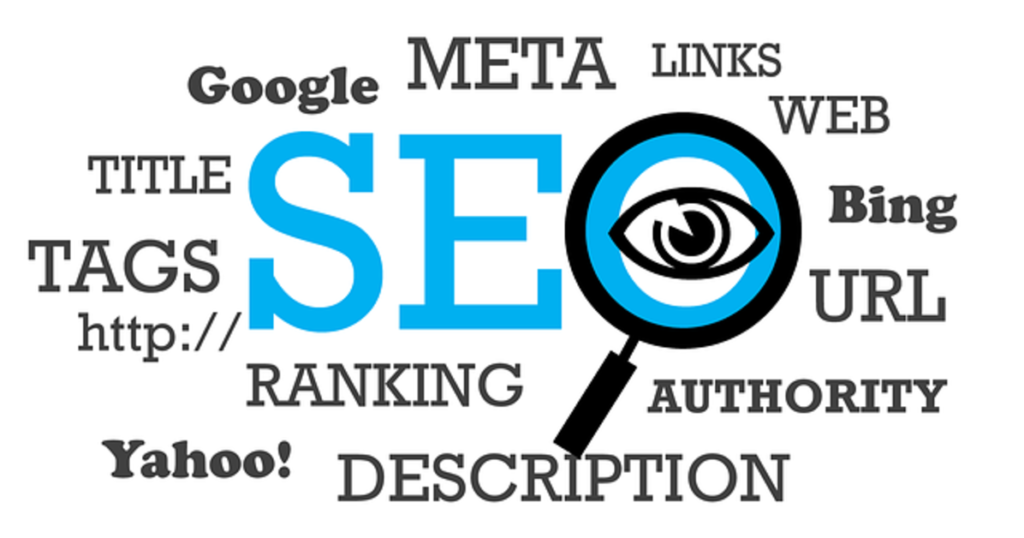What is Search Engine Optimization (SEO)?
Search Engine Optimization, or SEO for short, is a set of strategies, techniques, and tactics aimed at improving the visibility of a website in search engine results pages (SERPs). By optimizing various elements of a website, from its content to its technical structure, SEO practitioners aim to increase organic traffic to a website, thus boosting its visibility and improving its search engine ranking. SEO is an essential component of digital marketing, and can play a crucial role in the success of any business with an online presence.
The following topics are covered in this article:
- Introduction to SEO
- The Importance of SEO for Your Business Success
- Understanding How Search Engines Rank Websites
- Improving Website Visibility with Data-Driven SEO Strategies
- Conclusion
The Importance of SEO for Your Business Success
In today’s digital age, SEO has become more important than ever for businesses that want to thrive online. A website that ranks well in search engines will receive more organic traffic, which can translate into increased conversions and sales. Moreover, a strong search engine ranking can help establish a brand’s online presence, improve its credibility, and increase customer engagement.
In order to achieve a strong search engine ranking, a business must invest in a comprehensive and well-executed SEO strategy. This strategy should focus on both on-page optimization (i.e., optimizing the content and structure of a website) and off-page optimization (i.e., building high-quality backlinks from other websites). By leveraging the latest SEO techniques and best practices, a business can improve its online visibility, reach a wider audience, and achieve its online marketing goals.

Understanding How Search Engines Rank Websites
Search engines use complex algorithms to determine the relevance and quality of a website’s content. These algorithms take into account a variety of factors, including keyword relevance, site structure, and backlink profile, among others. The goal of these algorithms is to deliver the most relevant and high-quality results to users, in response to their search queries.
In order to rank well in search engines, a website must demonstrate relevance, authority, and user engagement. Relevance is achieved by creating content that is closely related to the user’s search query. Authority is demonstrated through high-quality backlinks from other reputable websites. Finally, user engagement is measured through metrics such as time on site, bounce rate, and click-through rate, among others. By optimizing these factors, a website can improve its search engine ranking and visibility, attracting more organic traffic and boosting its online success.
Improving Website Visibility with Data-Driven SEO Strategies
Data-driven SEO strategies can help businesses make informed decisions about their website optimization and improve their online presence. By tracking key metrics, such as keyword rankings, traffic patterns, and engagement metrics, businesses can gain valuable insights into their SEO performance and identify areas for improvement.
For example, data analysis can reveal which keywords are driving the most traffic to a website, and which keywords are underperforming. This information can be used to optimize the website’s content, improve its search engine ranking, and drive more organic traffic. Additionally, data analysis can help businesses identify technical issues that may be impacting their SEO performance, such as slow page load times or broken links. By addressing these issues, businesses can improve the user experience and increase their website’s visibility in search engines.
Conclusion
In conclusion, SEO is a critical component of digital marketing that can have a profound impact on a business’s online success. By leveraging the latest SEO techniques and best practices, businesses can improve their website’s visibility, reach a wider audience, and achieve their online marketing goals. By combining expert SEO knowledge with data-driven strategies, businesses can optimize their online presence and achieve higher rankings and increased online visibility, driving
FAQ.
Didn’t find the answer you are looking for ? Contact Us for support.
The purpose of SEO is to improve the visibility of a website in search engine results pages (SERPs) and increase organic traffic to the site, thereby improving its search engine ranking. SEO is a critical component of digital marketing and plays a crucial role in the success of any online business.
Search engines use complex algorithms to determine the relevance and quality of a website’s content. The ranking factors include keyword relevance, site structure, backlink profile, and metrics such as time on site, bounce rate, and click-through rate. By optimizing these factors, a website can improve its search engine ranking and visibility.
Data-driven SEO strategies can provide valuable insights into a website’s SEO performance and help businesses make informed decisions about their website optimization. By tracking metrics such as keyword rankings, traffic patterns, and engagement metrics, businesses can identify areas for improvement, optimize their content, and address technical issues that may be impacting their SEO performance. By combining expert SEO knowledge with data-driven strategies, businesses can achieve higher rankings and increased online visibility.